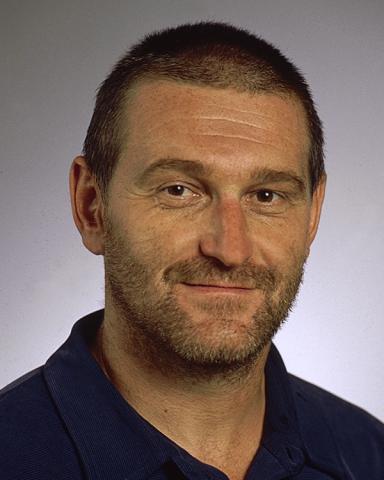event
Invited Lecture: Pavel Pevzner
Primary tabs
Title: “Life After MOOCs: Online Science Education Needs a New Revolution”
Pavel Pevzner, Ronald R. Taylor Distinguished Professor of Computer Science
University of California at San Diego
Abstract
Universities continue to pack hundreds of students into a single classroom, despite the fact that this “hoarding” approach has little pedagogical value. Hoarding is particularly objectionable in STEM courses, where learning a complex idea is comparable to navigating a labyrinth. In the large classroom, once a student takes a wrong turn, the student has limited opportunities to ask a question, resulting in a learning breakdown, or the inability to progress further without individualized guidance.
A recent revolution in online education has largely focused on making low-cost equivalents of hoarding classes, as many MOOCs are mirror images of their offline counterparts. This is one of the reasons why prominent computer scientist Moshe Vardi published an editorial in the Communications of the ACM expressing concerns about the pedagogical quality of MOOCs and including the sentiment, “If I had my wish, I would wave a wand and make MOOCs disappear." I share the concerns about the quality of early primitive MOOCs, which have been hyped by many as a cure-all for education. At the same time, I feel that much of the criticism of MOOCs stems from the fact that truly disruptive educational resources have not been developed yet! I thus propose to transform MOOCs into a more efficient educational product called a Massive Adaptive Interactive Text (MAIT) that can prevent individual learning breakdowns and even outperform a professor in a classroom. I argue that computer science is a unique discipline where this transition is about to happen and describe our first steps towards transforming a MOOC into a MAIT that has already outperformed me. I further argue that the future MAIT revolution, in difference from the ongoing MOOC revolution, will profoundly affect the way we all teach.
Bio
Pavel Pevzner is Ronald R. Taylor distinguished professor of computer science at UCSD where he directs the National Technology Center for Computational Mass Spectrometry. He holds a Ph.D. (1988) from the Moscow Institute of Physics and Technology, Russia. Pevzner was named Howard Hughes Medical Institute Professor in 2006 and was elected as an Association for Computing Machinery Fellow in 2010 for "contribution to algorithms for genome rearrangements, DNA sequencing, and proteomics.” He is also a Fellow of the International Society for Computational Biology Fellow (2012), and in 2011 Pevzner was awarded an honorary degree from Simon Fraser University in Vancouver. He is the author of multiple textbooks, including Computational Molecular Biology: An Algorithmic Approach (2000), Introduction to Bioinformatics Algorithms (2004 with Neal Jones), and Bioinformatics Algorithms: An Active Learning Approach (2014 with Phillip Compeau). In 2013 he offered Coursera’s first MOOC on bioinformatics, which was turned into a bioinformatics specialization in 2015.
Groups
Status
- Workflow status: Published
- Created by: Mike Terrazas
- Created: 09/18/2015
- Modified By: Fletcher Moore
- Modified: 04/13/2017
Categories
Keywords
User Data
Target Audience

